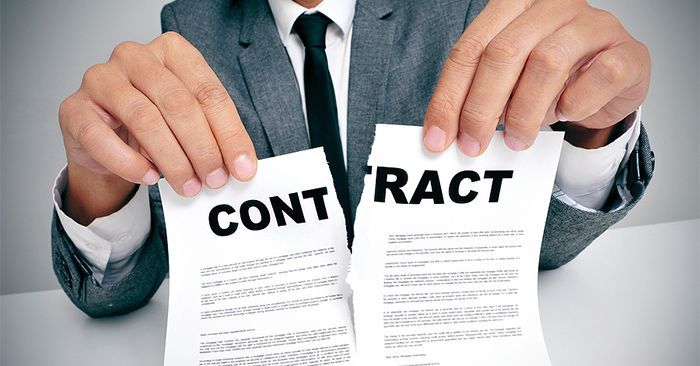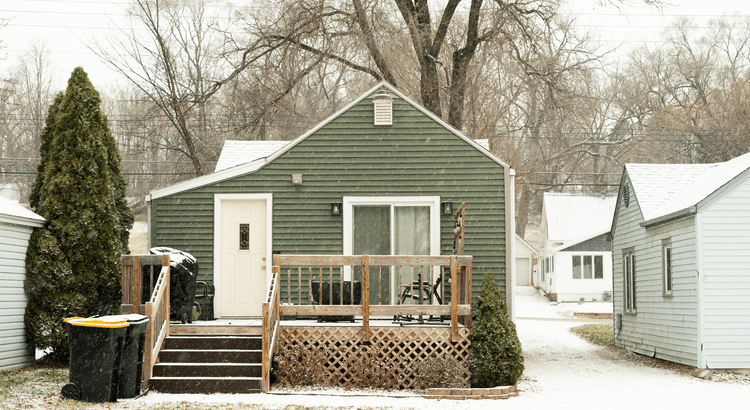Should I Hire a Professional Property Manager?

It’s true what you’ve heard — property managers can be an immense help for small-asset landlords like yourself. It’s also true that property managers are a luxury that not all landlords can afford. So before you decide if you can afford one (and need one), let’s dive into what a property manager actually is and what they can do for you.
What Is a Property Manager?
The name is pretty self-explanatory here — a property manager manages property. But what do they do on the day-to-day? A property manager is an employee hired by a landlord to manage the everyday work that goes into a rental property. A property manager:
- Sets the rent for the rental property
- Collects rent from tenants
- Adjusts rent according to competition and market value
- Advertises property to find tenants
- Screens tenants
- Deals with the leasing process
- Handles complaints and emergencies from tenants
- Deals with move-ins and move-outs
- Handles evictions (if it comes to that)
- Schedules maintenance and repairs to the rental property
- Deals with finance and budget aspects
- Keeps things organized and running smoothly
Seems like a lot of responsibilities, doesn’t it? If you’re a landlord, then you’re balancing all of these responsibilities on your own. If things are starting to get hectic, you may want to consider hiring a property manager. Not sure what you want in a property manager? A few qualities will make one stand out from the rest.
Qualities of a Property Manager to Look For:
The most important aspect to consider when hiring a property manager is their attitude. You want someone who is dedicated to keeping the line of communication open, while being able to maintain the property without contacting you frequently with questions and concerns. Their main purpose is to assure you that your investment is being properly taken care of – not only your investment in the property, but your investment in the property manager.
You May Want to Hire a Property Manager If:
- You have too many properties to manage alone. Many landlords can only handle a few properties at a time – so if you’re managing five to ten (or more) properties on your own, you may want to consider gaining the assistance and expertise of a professional property manager. You’ll have peace of mind knowing that your properties and tenants are in good hands.
- You live far from your properties. Do you live more than an hour from your properties? If so, it may be in your best interest to speak with a local property manager who has quick and easy access to the area your rental property is located in. If you’re a long-distance landlord, then you will need to have contacts within the area of your rental property for any maintenance issues or emergencies that arise with the property or tenant. Make it easier on yourself by hiring a local property manager!
- You’re not very familiar with the business. If you don’t enjoy keeping track of every detail of a business, or if you don’t feel secure enough in your knowledge of managing rental properties, then property management probably doesn’t suit you. But that doesn’t mean you can’t own the property – simply hire a property manager who can help you with the parts of the job you prefer not to do (or aren’t comfortable doing), such as marketing the property, screening tenants, collecting rent, dealing with maintenance, etc.
- You’re too busy. Perhaps being a landlord isn’t your full-time job – if you have another career, then you may be too busy to be both the owner and manager of your rental property. Lessen your stress by hiring a professional property manager who can help you keep things in order.
- You have the funds to hire a property manager. There are some properties that you probably don’t need (or can’t afford) to hire a property manager for. But if you feel that you have a surplus of funds to do so without going underwater, then it’s probably a good idea to hire a professional. You’ll feel a weight lifted off of your shoulders knowing that your rental property is being managed efficiently. Property managers or property management companies can charge various amounts for their services. You can expect to pay between 8-12% of the monthly rental value of the property, or you may be charged a flat monthly rate depending on the value of the property.
- You’re struggling to fill your vacant units. We can’t all be marketing pros – and that’s okay! If you’re having trouble filling your units, and you find that they are often vacant despite your efforts, then you’ll likely benefit from the marketing techniques of a professional property manager. They can help you advertise your property and get more tenants interested in and applying to rent your unit.
- If you're still wondering if you should hire a property manager, remember that the most important factor to consider here is budget. If you feel that a property manager would keep you from getting a positive return on your investment (your rental property), then it may be best to continue to do the work yourself. But if you have the funds, and you lack time (amongst other things), then consider relying on the support of a property manager — the choice is yours!
Share this post




